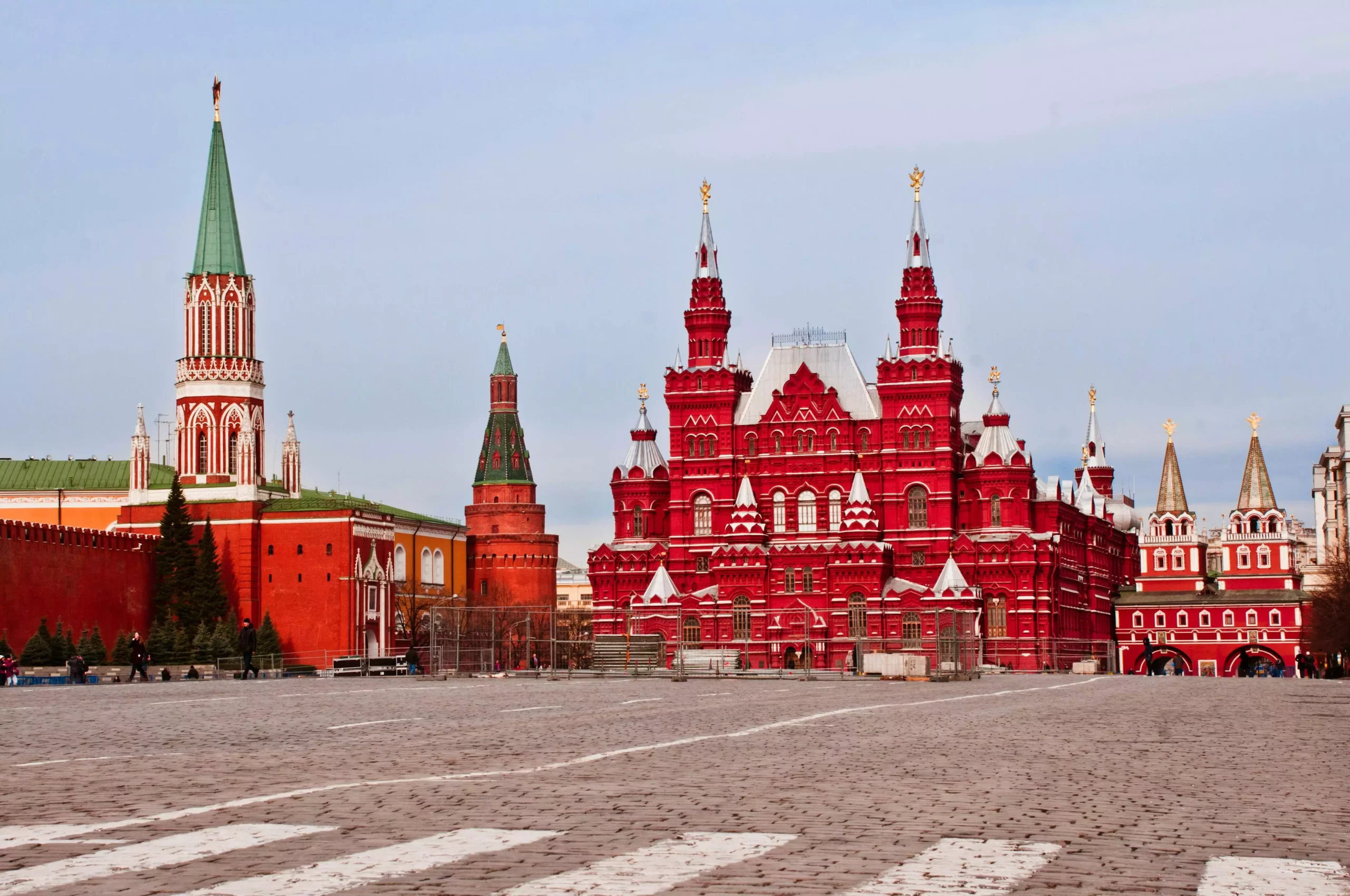Cryptocurrencies have long been a contentious subject, stirring debates that slice through economic ideologies and regulatory philosophies. Russia’s cautious yet intriguing foray into the world of Bitcoin futures contracts is a monumental move that shakes up the existing landscape. Unlike the wild west associations often tied to cryptocurrencies, Russia’s approach aims for a semblance of control, allowing interested parties to participate without the chaos of international platforms. This strategic decision exposes several layers of potential benefits and drawbacks, pushing us to examine the realities of this development.
The Controlled Entry of Qualified Investors
One of the most striking aspects of Russia’s Bitcoin futures initiative is the limitation to qualified investors. Only big banks, funds, and approved financial groups will be allowed to engage in these transactions, keeping ordinary investors at bay. While this may seem restrictive, it also serves a purpose of risk containment. By narrowing access, Russia aims to prevent the kinds of speculative bubbles that have marred the market globally. The promise of big profits often draws in the uninformed and unprepared, leading to distressing financial losses. Caution, in this case, is not just wise but necessary.
However, this limiting approach also raises eyebrows. Is it a step towards elitism, where only those with considerable capital and knowledge get the chance to play the game? This could deepen wealth inequalities, turning cryptocurrencies into a tool for the affluent instead of a democratizing financial force. If cryptocurrencies are to serve as a bridge to greater financial equity, limiting access in this manner seems paradoxical.
Decoupling from Foreign Markets
Moscow Exchange’s decision to price Bitcoin futures in US dollars while settling in Russian rubles is a strategic play to mitigate the risks tied to foreign currency fluctuations. This dual-system allows local traders to engage with the Bitcoin market without directly exposing themselves to the volatility of the global currency markets. In an era where geopolitical tensions can wreak havoc on economies, this approach provides a semblance of stability—an offering that many international traders could only wish they had.
Analysts are optimistic about this decision, viewing it as a middle ground that allows Russia to partake in the global cryptocurrency conversation without being entirely reliant on foreign exchanges. Yet, we must consider whether this decoupling is merely a temporary measure—one that will fail to hold up against the forces of globalization and interdependence that characterize modern economies.
The Cautious Approach of Authorities
The Bank of Russia’s hesitance to embrace direct crypto deals, despite approving derivatives for qualified investors, reveals a blanket of caution shrouding the nation’s dealings with digital assets. This measure indicates awareness of the allure of crypto profits, but an even keener appreciation for the potential pitfalls that lurk behind the bright promises. It begs the question: can a progressive financial mechanism coexist with a conservative regulatory environment? Russia’s future in the crypto space will hinge upon navigating these conflicting priorities.
The central bank and other regulatory bodies remain staunchly opposed to unqualified investments in cryptocurrencies. This proactive stance serves as a bulwark against reckless trading that can bring severe financial regret. However, a landscape that embraces innovation while simultaneously suffocating it under a blanket of regulation can create friction points that frustrate both investors and regulators alike.
Future Implications for Other Financial Products
Sberbank’s development of structured bonds tied to Bitcoin’s price is another noteworthy development that widens the financial toolkit available within Russia. This product allows clients to bet on Bitcoin without needing a crypto wallet, making participation simpler while keeping transactions local. It’s a compelling approach to include those who may be hesitant about directly engaging with cryptocurrencies.
While these financial products can empower investors, one must also question whether they could become a two-edged sword. Are we paving the way for a safe middle ground or creating yet another roundabout that leads directly to speculation and volatility? As the market evolves, the balance between accessibility, safety, and innovation will be crucial.
Russia’s Bitcoin futures are a pivotal moment marked by a cautious approach, restricted access, and a decoupling from foreign markets. What remains to be seen, however, is whether this measured entry into the cryptocurrency world will be sustainable in the long run or merely a reactive posture in a constantly changing financial ecosystem.

